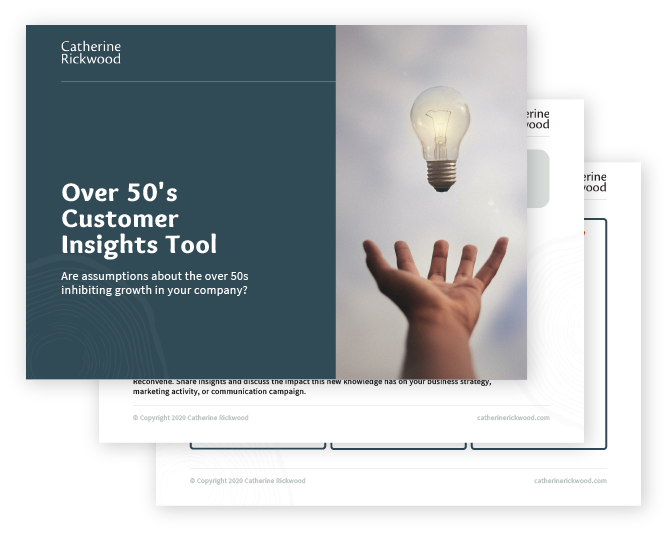If you’ve heard the term “relevance deprivation” you may be older and possibly retired. Alternatively, you may be between jobs or a parent who has become an “empty nester”. Regardless of your situation, remaining relevant is an individual responsibility. And it can be challenging.
I’ve written before about my dislike of the word ‘retirement’. One of the many reasons for my preference to avoid the word is because it signals an endpoint. A time in our life when we’ll stop all the hard work and move to a life of leisure filled with choice. Our choice. Our way. No boss. Bliss!
What if …
We didn’t retire. What if, instead of retiring we simply kept on living. Fully. Completely. Engaged.
Not thinking “I’m old” because old is equated with retirement.
What if, from a much younger age, we made choices and decisions knowing that life was long. Very long. Knowing that if we retire at 65 we’ll still live for 20 or more years.
What choices would we make? How differently would we live our life?
There’s work. Then there’s retirement.
When working we remain relevant because we have purpose and meaning. There’s a reason to get up each day. At work people want us because of our knowledge, skill, or experience. We receive phone calls, emails, and invitations. Invitations to lunch. To Melbourne Cup events. To Christmas functions. Our birthday might be celebrated in the office with a cake. People notice when we’re away for an extended time and are usually grateful for our return. We’re valued. And all we have to do is show up to our workplace. Easy.
In retirement, this can all disappear. There is no office. The phone calls, emails, and invitations diminish. Whether or not we get up each day may not be noticed – by anyone. Unless we’re in a relationship or we have adult children living with us. What happens in our day must be generated entirely by us. It requires energy, effort, and self-motivation. Less easy.
In a youth- focused culture, relevancy can feel even more challenging. Combined with an increasingly technology, digital driven world, becoming and remaining digital-savvy may also seem overwhelming.
Given this challenge, what are the options?
3 ideas for retirement relevance
In a recent podcast interview with SBS, I suggested that it was essential we all continue to learn and educate ourselves to remain relevant. Whilst the podcast was particularly focused on the disparities between millenials and older workers, those interviewed provided practical actions for reducing the gap. As I’ve said before, generational labelling was also suggested as divisive and not overly useful as a way of identifying groups of people.
Bridging a generational gap requires understanding and a willingness for both younger and older people to learn from each other. An openness and recognition that there is more than one way to do anything. And that attachment to “our way” or the “right way” limits the possibility for new ideas, innovation, and creativity.
Intergenerational relationships are crucial for us to age well. Consequently, building them into our lives is essential.
The 3 ideas?
- Continue learning. Whether that be through Open University, U3A, TAFE, University, free online MOOC’s, or by attending events at your local library. Foster a thirst for knowledge.
- Participate in community activities or hobbies where you’ll also meet and befriend younger people. Community gardens, bush regeneration, environmental or animal activist groups, book or film clubs. If there’s not one in your neighbourhood, create one.
- Be open. Say “yes”.
For inspiration on how to age we have role models in Judy Dench and Jane Goodall. One thing’s for sure. To remain relevant in retirement requires us to reject age stereotypes and embrace our whole life – from start to finish.
Photo by Benjamin Davies on Unsplash



